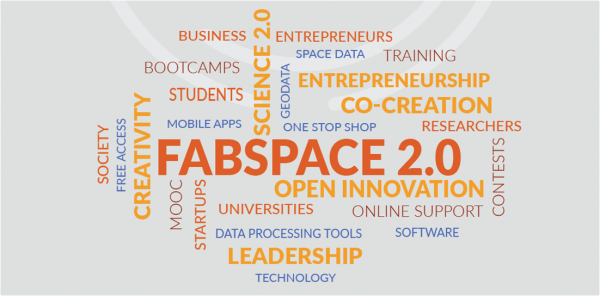Search Results for: art
The industrial partnership between Qorvo and IRIT in the spotlight
On January 26, the company Qorvo, the IUT de Blagnac and IRIT organize a day related to employment in innovation, in the field of indoor geolocation and connected objects. The objective of this event is to make a scientific presentation of these technologies and to expose the professional opportunities related to this sector of activity.
An invited “young researcher” presentation at the International Joint Conference on Artificial Intelligence (IJCAI)
The International Joint Conference on Artificial Intelligence is an international conference that brings together researchers and practitioners in the field of artificial intelligence. The 31st edition is held from July 23 to 29, in Vienna (Austria).
Interview with Yves Duthen, designing artificial systems from the living
We are publishing the fifth video in our series of interviews presenting the research work of our different departments. Yves DUTHEN, teacher-researcher in the CISO department, REVA team, explains his research work on artificial life.
DesCartes, flagship project on hybrid AI in urban critical systems in the framework of an international collaboration – The NLP component
The DesCartes project is a large-scale collaboration in the field of hybrid Artificial Intelligence, starting at the end of 2021. Farah BENAMARA, Associate Professor at UT3 and co-leader of the MELODI team, from the Artificial Intelligence department of IRIT, is the scientific leader for UT3 of the Automatic Natural Language Processing (NLP) research domain in this project.
Interview with A. HERZIG and M. SERRURIER, the challenges of artificial intelligence
We publish the third video in a series of interviews presenting research work from our different departments. Andreas HERZIG from the LiLAC team and Mathieu SERRURIER from the ADRIA team, researchers in the Artificial Intelligence (AI) department, talk about their research in the field of AI.
The FabSpace 2.0 Startech program transposed to the UNIVERSEH project
The FabSpace 2.0 Startech project transposed to UNIVERSEH, whose goal is to build a European university consortium for space. An approach that combines innovation, entrepreneurship and Earth observation.
IRIT is invited to Start in Lab’ Santé
Health, autonomy, well-being: these are all possible fields of application for computer science research! Several IRIT teams are presenting, during a series of two webinars organized by Digital 113 (Digital is future), several presentations related to health informatics. Learn about health research These webinars take place on November 26 and 30. The objective is to introduce different health research topics to an audience of entrepreneurs from Occitania. These topics are
P-SIMMOSC: Platform for the SIMulation of MObility in Smart City
Heads: and The P-SIMMoSC platform is part of the dynamics of the neOCampus operation, initiated and partially financially supported by the University Toulouse III Paul Sabatier since 2013. The neOCampus operation involves 11 of the University’s laboratories, whose aim is to pool their skills to improve day-to-day comfort for the university community while reducing the ecological footprint of the buildings, cutting operating costs and developing new services for campus users.







